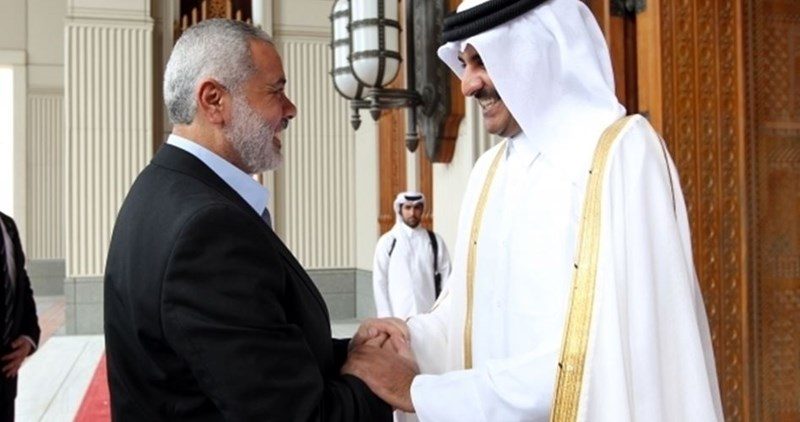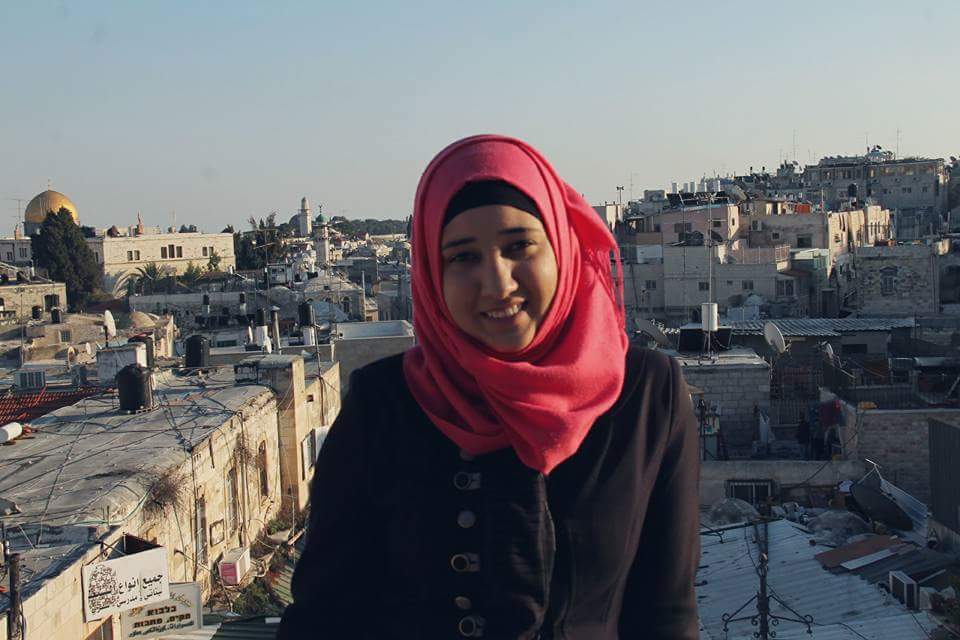
Ismail Haneyya, Deputy head of Hamas’s Political Bureau, expressed his gratitude to the Emir of Qatar Sheikh Tamim Bin Hamad Al Thani for paying the wages of July to civil workers in Gaza Strip with a donation estimated at 113 million Qatari Riyals.
Qatar said on Thursday it would give $30 million to help pay the salaries of thousands of Gaza Strip public sector workers left without a full wage package since 2013, according to Reuters.
The donation was welcomed by Hamas, the Islamist group that dominates the enclave who said it would help ease the wage shortages – that have tested already strained relations with the U.S.-backed Palestinian Authority, based in the West Bank.
In an interview with Qatar TV, Haneyya said that the decision came within the Qatari series of resolutions in support of the Palestinian people. They include infrastructure projects, Sheikh Hamad City, a private hospital, and other projects with a 300-million-dollar cost.
Civil workers of Gaza have not received their salaries in full for over two years. 45% of the salaries’ value were only paid each month after the Palestinian consensus government backtracked on its responsibilities.
There was no immediate comment from Palestinian Authority or Israel, who have long been suspicious of Qatar’s regular donations to Hamas and other Islamist groups across the region.
The emir of the wealthy Gulf state, Sheikh Tamim bin Hamad al-Thani, said the payment of 113 million riyals was meant to “alleviate suffering and financial distress”, according to Qatar’s state news agency, QNA.
The Hamas-hired public servants have grown restive and in 2014 protested over their lack of payment which is partly due to a continued blockade imposed on Gaza by both Israel and Egypt.
“The July payment will be made in full immediately once the Qatari financial fund is received,” Hamas’ deputy finance minister, Youssef al-Kayyali said.
Qatar, which hosts the largest U.S. air base in the Middle East, has for years preserved influence with Islamist forces across the region it believes are the long-term future.
The breadth and resilience of Qatar’s links to Islamist groups including Egypt’s Muslim Brotherhood, which has suffered a crackdown in the aftermath of the Arab Spring, fuels suspicions in other Gulf states.



